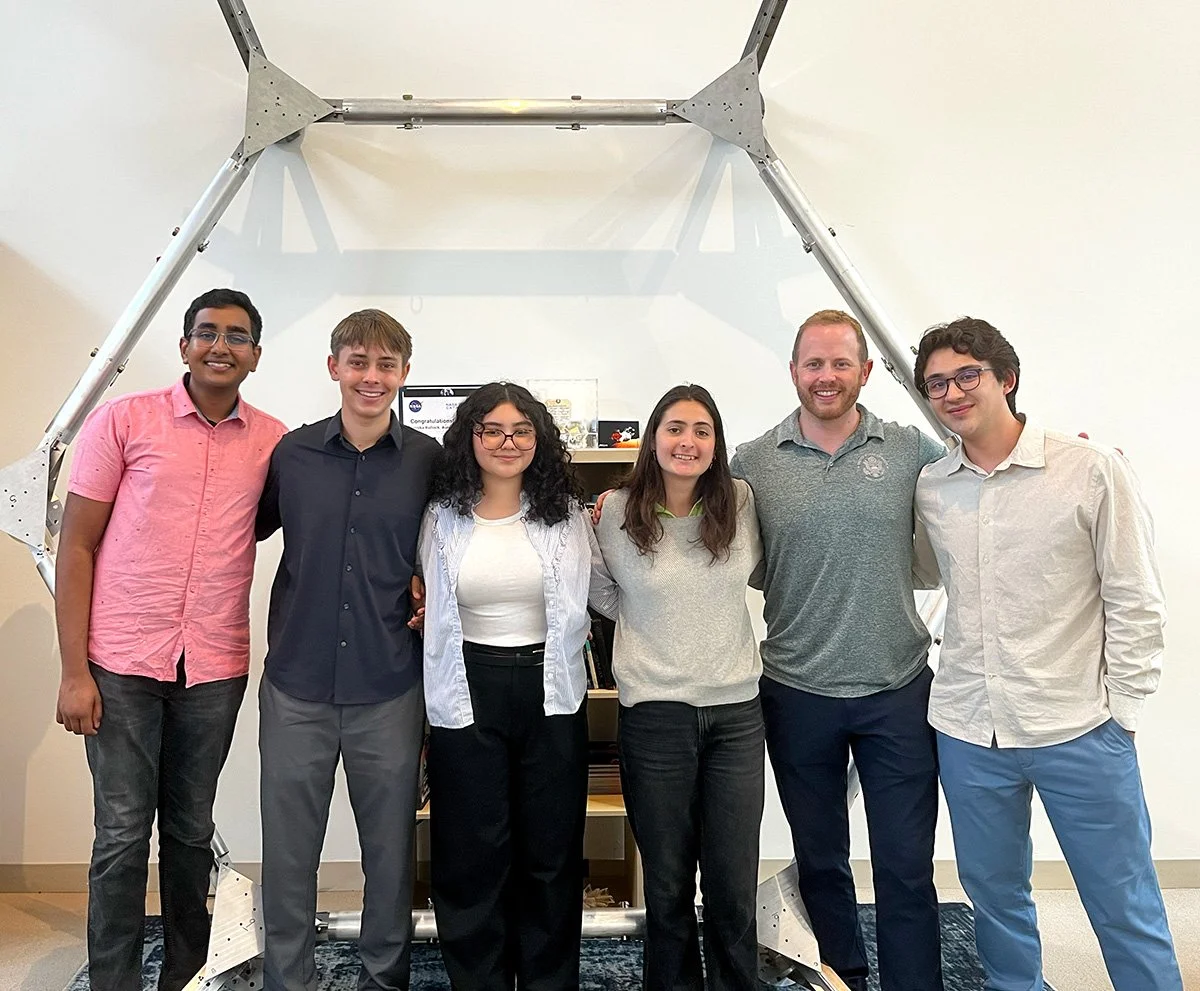Celebrating Aurelia’s 2025 interns and volunteers
Aurelia’s growing internship program brought on ten students to work on a wide range of projects.
Throughout this spring and summer, Aurelia Institute was proud to host ten students, ranging from PhD and business school students to high schoolers — our largest cohort of interns and volunteers to date. Aurelia’s internship program is an important part of our mission to train and prepare the next generation of space researchers, engineers, and entrepreneurs. Each of our interns is matched with a mentor on our senior team and works on a core project.
Read on to learn a little about what these ten remarkable individuals brought to their experience at Aurelia, and what they took away from it.
Ben Greaves
Ben Greaves is an aerospace engineering PhD student at the University of Colorado Boulder with a focus in Bioastronautics, and is also pursuing the graduate certificate in Global Engineering. His current research focuses on a range of space life support technologies including air revitalization, thermal control, and space agriculture. He joined Aurelia to work on the Space Garden project.
One day I hope to be an off-Earth agricultural engineer. The Space Garden project allowed me to build on this goal with a new architectural/artistic perspective. I also had the opportunity to represent Aurelia at ICES 2025, presenting our research on Space Garden, which was such a gift! Another highlight was joining the parabolic flight to help out with the Horizon program.
Valeria Lopez
Valeria is an Astrophysics and Gender Studies major at Williams College, where she is working on her senior thesis exploring feminist approaches to space sustainability. She joined the Aurelia internship program as a 2025 Brooke Owens Fellow.
I supported work on TESSERAE, a system of magnetic tiles that can self-assemble into shapes in space. I’m especially interested in how this kind of technology can be designed to meet real human needs in orbit.
I really enjoyed all the team lunches—no single favorite! One that stood out, though, was when I learned more about the Foundry. It’s a lot of investment-related work, which is totally different from the science-focused things I’ve learned in school, so it was interesting to hear how this world operates.
Working at Aurelia gave me a chance to understand how startups operate, which is exceptional. I learned a lot about the technical side and how ideas are pitched, tested, and grown. Talking to different team members helped me see how investment and strategy shape early-stage projects. Now I’m seriously considering becoming a product manager for technical systems, especially in fields like autonomous robotics or space hardware.
Wes Hovde
Wes Hovde is a Social Enterprise Fellow at Harvard Business School, and joined Aurelia’s summer internship program to support Aurelia’s strategy to translate space research into real-world technology. Before HBS, he spent 11 years in the military as a U.S. Army Green Beret, leading Combat Dive and Jedburgh teams and solving complex problems in some of the world’s most uncertain environments.
My primary focus was developing venture models to support Aurelia’s continued impact in the space industry while staying true to its mission. Beyond this core project, I jumped in wherever I could across the team, contributing to research, brainstorming, and collaborative initiatives. It gave me a panoramic view of Aurelia’s work and allowed me to learn from nearly every corner of the organization.
The company retreat’s creative ideation sessions stand out as a highlight. Being in a room full of brilliant minds, all dedicated to tackling each other’s hardest problems with creativity and openness was really inspiring. That experience reinforced the power of structured time for big, imaginative thinking, and is something I’ll carry into my future work and leadership.
I have a clear goal of building a career in the space industry, whether it’s joining an established company, a startup, or pursuing an entrepreneurial opportunity. My time at Aurelia strengthened this ambition by showing me the impact that thoughtful models of support (i.e. a Venture Studio, etc.) can have in accelerating progress.
Max Triff
Max joined Aurelia from Rhode Island School of Design (RISD), where he’s a rising senior studying Industrial Design with a concentration in Nature–Culture–Sustainability Studies.
Aurelia's vision of space as this key resource for human well-being and the preservation of Earth really resonated with my own design philosophy. Aurelia gave me the opportunity to incorporate my appreciation for the natural world by drawing upon biophilia to design a habitat that is more than the bare minimum, showcasing the ability we as humans have to construct a habitat that allows us to not only survive but thrive in such a hostile environment.
I worked on the Orbital Biolab concept, combining standardized, scalable interior systems with human-centered habitability. I designed the TSPR system, a system of racks and structural frames that allow for the interior volume of TESSERAE modules to be customized in innovative ways. I then took this system and applied it to the Orbital Biolab, demonstrating its ability to outfit a specific section of the habitat that has unique constraints.
I really enjoyed sharing my work during the creative session and getting others from the team who have different perspectives give me their thoughts and ideas. It was very gratifying to pitch a concept in its early stages and receive such thoughtful, and constructive feedback.
After this summer, I know that I want to be a space architect or industrial designer in the space industry. This area of work has incredible potential for human impact at scale, and with the work I've started over this summer I feel like I have so much more I can bring to the table.
Camille White
Camille is a rising senior at University of California, Los Angeles (UCLA) majoring in Chemistry with a Materials Science concentration and an Urban Planning minor. She’s passionate about leveraging science and design to build climate-resilient cities and drive decarbonization on Earth and beyond.
Aurelia integrated my interdisciplinary interests in materials science and architecture/design for extreme environments, such as space, deep-sea, and polar regions, where survival depends on carefully engineered materials and structures. I am particularly interested in applications for space, where creating habitats is essential not only for physical protection but also for supporting the wellbeing of the people who will live there, including their physical, psychological, and social needs. I was drawn to the potential benefits of developing construction and manufacturing capabilities in space for terrestrial applications, as innovations in extreme-environment design often lead to improved technologies on Earth.
This summer, I worked on two main projects: researching interior materials for next-generation space habitats; and conducting user research to support operations for the Orbital Biolab.
Phillip Mann
Phillip joined Aurelia from Davidson College, where he is pursuing his Bachelor of Science with a major in physics and minor in computer science.
I was drawn to Aurelia because it offers the chance to work on innovative projects that could shape the future of space and the Earth. Interns get meaningful responsibility in a small, interdisciplinary team, combining engineering, science, and innovation. It’s a rare opportunity to contribute to visionary research while building skills, independence, and connections.
This summer, I worked on research into space-based solar power, an origami-inspired TESSERAE deployment, and curriculum materials for Aurelia Academy's Microgravity Project Design course. I learned and was able to improve upon so many skills this summer, including technical (Fusion 360, c++, fabrication) and workplace skills. I was able to learn every aspect of putting a project together, from the beginning to the end. I also loved how despite the team having such different skill sets, they were all so connected.
Xinran (Tracy) Li
Tracy joined Aurelia’s internship program from Yale University, where she graduated this spring with a Bachelor of Arts in Architecture and a Bachelor of Science in Computer Science.
During my time at Aurelia, I worked on a TESSERAE Lofted VR Experience. I'm excited about the opportunity to explore body-space interaction in Zero-G conditions and the application of new technologies in space exploration.
From here, I hope to continue working on my personal projects, making objects that suggest alternatives of modern technology.
Zoe Pizzuti
Zoe graduated with her Masters in aerospace engineering from University of Michigan this spring, and has just started a new position at Northrop Grumman.
I was inspired by the seemingly "sci-fi" work that Aurelia was doing, and they were the only organization that I saw in the space industry that made sure to express their strong commitment to ethics and advancing the science/technology that will propel the future of life in space. I worked on multiple different projects over the 8 months I was a volunteer.
My favorite thing I learned was actually the basics of Urban Planning Theory, something unrelated to my degree, but which I found really interesting and wanted to explore in relation to humanity's future in space.
I have always wanted to work on problems that we have never solved before, and advance space exploration, whether crewed or uncrewed. Working at Aurelia allowed me to realize that you can do that with things outside the regular engineering path, and definitely inspired me to think outside the box more when considering my future. It also fueled my interest in space policy!
Atticus Frank
A student at the Spence School, Atticus joined Aurelia for the summer to pursue her interests in STEM, civic engagement, and design.
This summer, I worked on researched developments in space architecture and spaceships in the last 60 years. I put together a memo and a list of sources on how human needs have influenced the development of space architecture and the most relevant projects currently happening. I also worked with Arduino, and helped another intern to code and put together his project.
Through Aurelia, I learned a lot about space architecture and human needs in space that I will definitely take with me. I am also glad I got to work with Arduino. I had a fun time learning how to code it and work with the hardware. I was intrigued and excited by that experience, because I think it can help me gain a better understanding of the direction I want to take my education in as I enter college.
Aditya Kaushik
Aditya is a rising senior at Brookline High School, where he is founder and president of the school's Rocketry Club.
At Aurelia Institute, Aditya worked on ideation and animating concepts for TESSERAE self-assembly.


